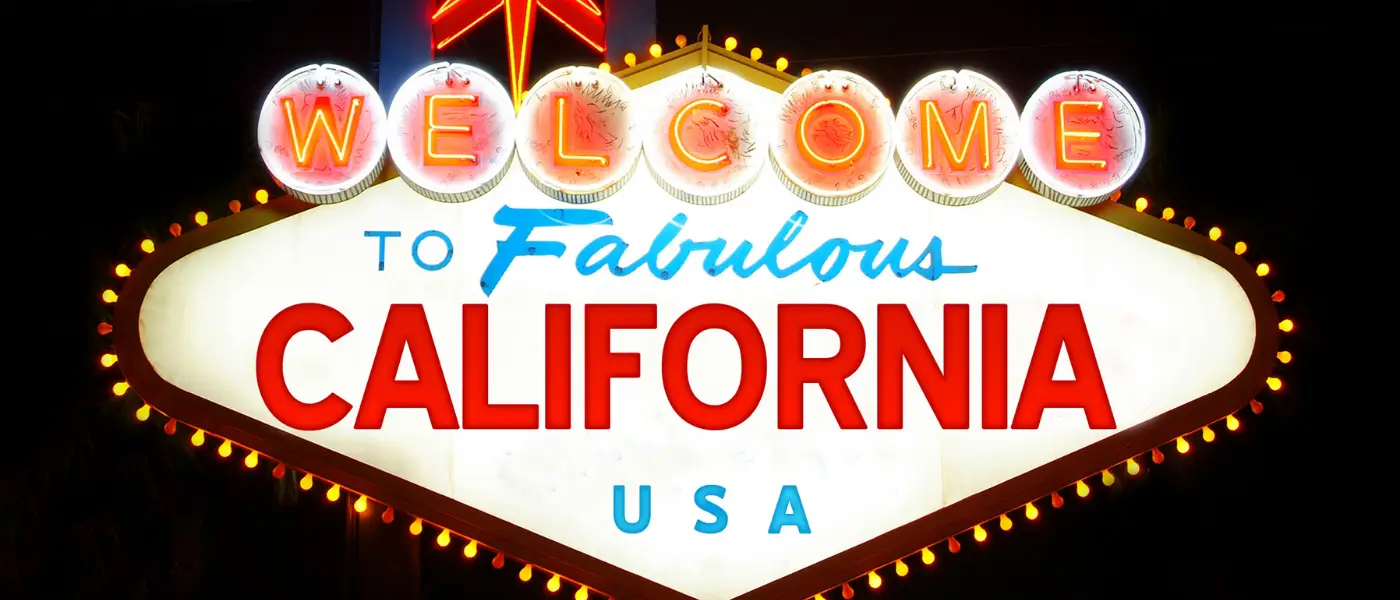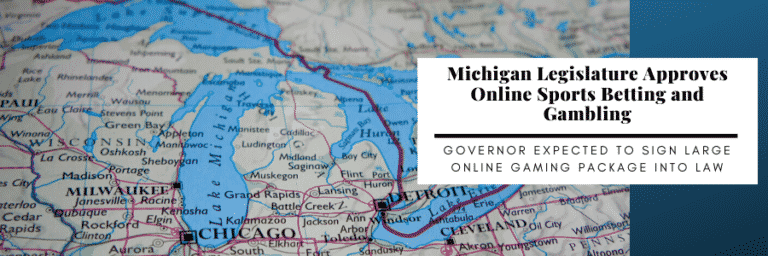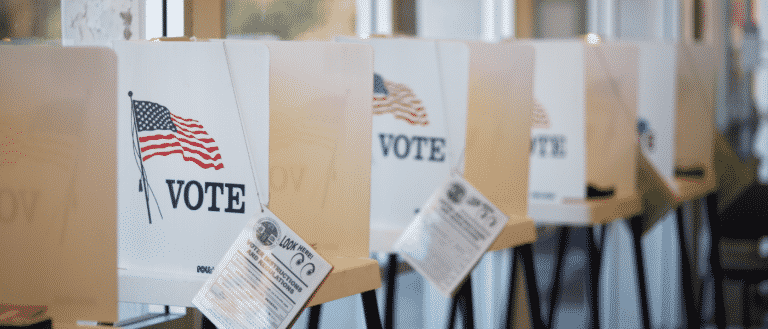Latest California Sports Betting Hope Rests on Court Hearing

UPDATE July 2, 10:30 a.m.: The court granted the tribes’ petition ahead of Thursday’s hearing. Native American groups now have until Oct. 12, 2020 to gather the signatures required to place the sports betting question on the 2022 ballot.
California’s next best hope for legal sports betting will go before a court Thursday.
Even the best possible ruling for the court’s sports betting petitioners, a Native American gaming organization, means sports betting in California won’t begin until 2023, and would only be in person on tribal lands.
Still, after another legislative effort fell short earlier this year, Thursday’s court hearing could be the best – and possibly only – chance for legal sports betting in the nation’s most-populated state anytime soon.
California Gaming Background
California’s constitutional restrictions on gaming, along with competing interests between the largest groups allowed to offer such games, has thwarted legal sports betting in California even after years of legislative efforts.
Lawmakers quietly killed sports betting ballot measures in both 2018 and 2020, largely over disagreements between the state’s Native American tribes, which operate nearly 70 casinos, and its cardrooms, which have operated in some capacity since the Gold Rush era. Since a 2000 voter referendum expanded tribal gaming, the tribes and the cardrooms have jockeyed for gaming dollars, sparking years of court battles in the process.
This has been exacerbated by so-called “player-banked” games. The 2000 referendum granted tribes exclusive rights to “dealer-banked” games such as blackjack, but the cardrooms could continue offering card games if players rotated serving as the dealer. To work around the player requirement, the cardrooms hired third-party “players” to serve as the full-time dealer.
In 2016, then-Attorney General Kamala Harris if every player was “offered” the chance to deal and that no one player served as dealer for more than an hour without a break. This did little to assuage the tribes, which are still pressing current Attorney General Xavier Becerra to overturn this opinion.
California Sports Betting Legislative Push
As lawsuits lingered, a group of lawmakers earlier this year introduced a revised amendment to both legalize sports betting and resolve player-banked card access by granting the tribes rights to offer additional types of dice games and, along with certain horse tracks, the exclusive rights to retail and online sportsbooks. In exchange, the cardrooms could continue offering third-party player-banked games.
California cardrooms, horse tracks and professional sports leagues lauded . The tribes decried it as an undue gift to cardrooms for decades skirting the law. Some tribal leaders told lawmakers during impassioned legislative testimony they felt betrayed by the proposal.
Facing a multibillion-dollar budget shortfall due to the COVID-19 pandemic, backers hoped lawmakers would embrace the chance for new sports betting tax revenues. Facing tribal backlash, sponsor Bill Dodd promised he wouldn’t bring the bill to the Senate floor without the tribes’ support.
Dodd kept that promise. After a tense vote in a Senate committee, Dodd removed the bill from further consideration, closing the legislature’s 2020 sports betting hopes.
Tribes’ Response
Before Dodd’s early-summer sports betting push, the tribes had worked on their own proposal.
The tribes’ constitutional amendment would allow in-person sports betting on sovereign tribal lands. Beginning in January, supporters garnered roughly 997,000 of the 1.1 million signatures needed to place a citizen-baked referendum on the ballot before the coronavirus outbreak halted their collection drive.
Still a few thousand signatures short nearing the July 20 deadline, the tribes on June 9 filed for an extension through the courts. Thursday’s Sacramento Superior Court of California hearing will determine if they can continue.
Hearing Details
California Indian Gaming Tribes, the petition’s sponsor organization, is asking the court to compel Secretary of State Alex Padilla to extend their drive’s deadline because of the “significant burdens” placed on them by shelter in place orders. The court filings argue the restrictions, which effectively prohibited person-to-person signature collections, violates their ability to place a referendum on the ballot, which violates the California and U.S. constitutions.
The brief further argues it will be impossible to meet the July 20 deadline since public restrictions remain in California. As such, the brief argues, the tribes need to know in the coming weeks whether or not they can continue adding names to their current list or if they’ll have to start over; organizers have already invested $7 million and thousands of man hours on the existing campaign.
Critically, the filing asks to use these signatures for the 2022 ballot. This removes the state’s logistical hurdles since the sports betting amendment won’t impact the 2020 ballot, but it also delays legal sports betting hopes for at least two more years.
What to Expect
The tribes’ brief cites a half-dozen rulings from other states that extended petition drives – as well as the 1st and 14th Amendment to the Constitution – in their appeal to the Superior Court. If that’s enough to convince a judge remains to be seen.
A favorable ruling for the tribes means millions of dollars, months of work and hundreds of thousands of signatures won’t go to waste. It will require “only” 125,000 more signatures by the new deadline to place the measure on the 2022 ballot, although the tribes had intended to collect more than 1.5 million total signatures in case some are invalidated.
If the court denies the writ of mandate, the tribes will have to start from square one.
Either way, the July 20 deadline means the ruling should come quickly. If extended, the tribes ask to prolong the deadline until all 58 counties are in “Stage 3” of their reopening guidelines, which remains impossible to determine at this point. Alternatively, the tribes request at least 90 more days be added to the original deadline.
With COVID-19 cases still rising in California, it could be months until signature gathering can begin again, but a lenient deadline could plausibly allow the tribes two years until they would have to submit signatures for the 2022 ballot. Even with the pandemic, there are reasonable expectations backers could gather the remaining 125,000-500,000 signatures in that time, especially after they gathered nearly twice that many in just a few months.
If, or until, that happens, the tribes’ efforts remain California sports betting’s best hope. Voters would still have to approve the measure – no foregone conclusion – and wagering would only be on tribal lands, most of which are in the state’s rural areas. Even then, wagering wouldn’t begin until 2023 at the earliest.
A legislative route to legal sports betting also couldn’t begin until 2023 but, unlike the tribal initiative, it seems far from fruition. The tribes generate billions of dollars in annual economic impact which, directly or indirectly, can help shape the legislature; without tribal support, sports betting legislation is all but dead on arrival in the capitol.
Global sports betting purveyors, local operators, professional sports leagues and millions of Californians continue waiting for the nation’s largest potential wagering market even as more than half the country’s legislatures have now legalized sports wagering. Thursday’s hearing will help determine if that wait could potentially end in 2023, or if it will continue even longer.
Ryan Butler is a legislation analyst for ycgts.shop specializing in US sports betting legislation. Ryan breaks down the latest bills in each state to ensure our readers are up-to-date on where their states sit on sports betting. You’ll often find Ryan listening to committee hearings or preparing for the latest legislation based conference.






